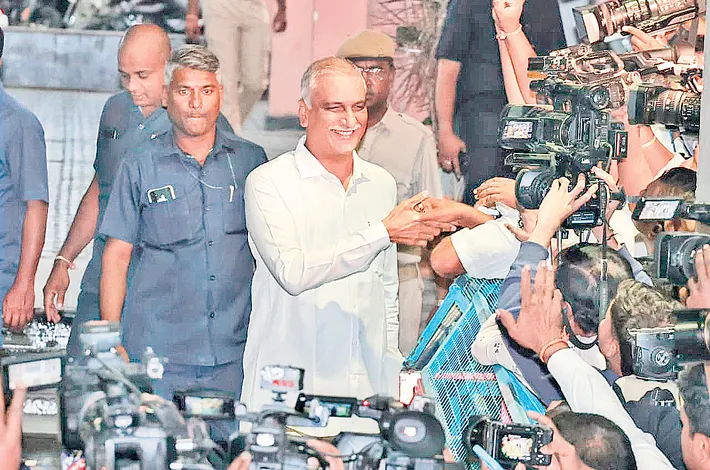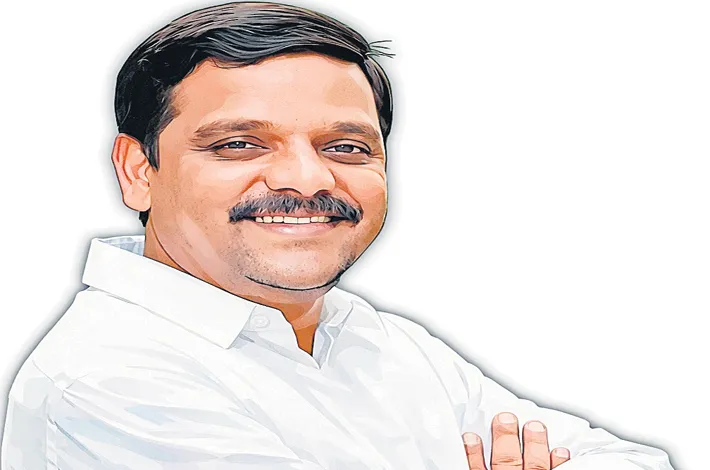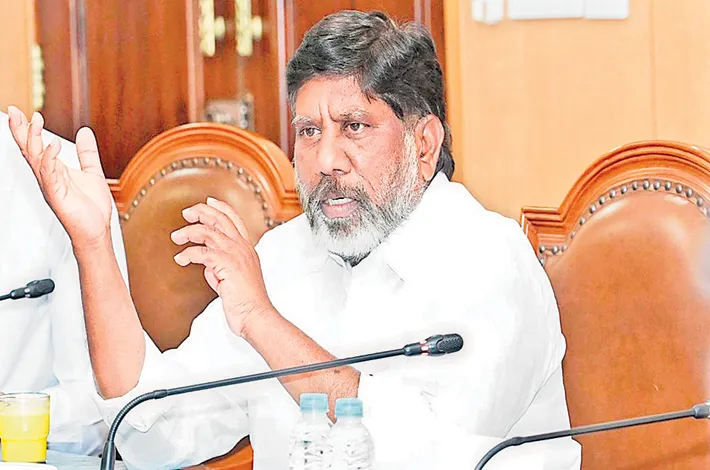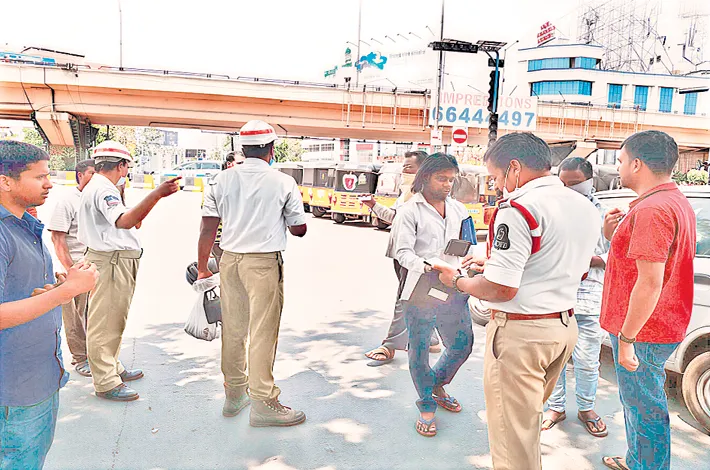Bold G20 Initiatives: Will they change status quo?
25-11-2025 12:00:00 AM
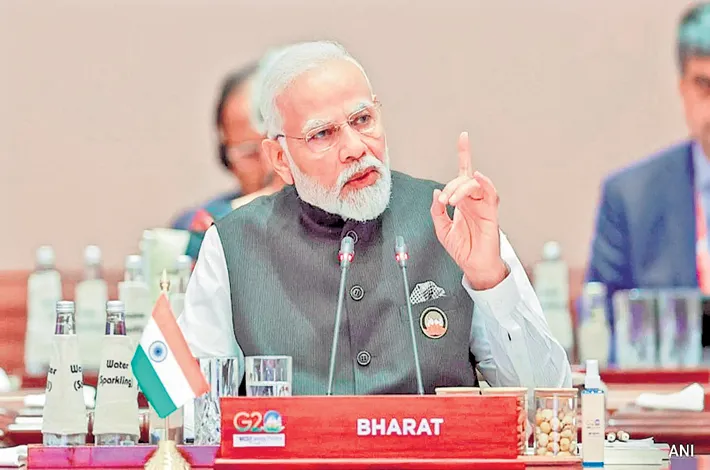
Prime Minister Narendra Modi addressed the 20th G20 Summit in Johannesburg on Saturday, unveiling a series of ambitious India-led proposals aimed at tackling some of the world’s most pressing transnational challenges. Speaking at the session on inclusive and sustainable growth, Modi called for a unified global response to the growing drug-terror nexus, the creation of a dedicated G20 healthcare emergency response team, and an “African Skills Multiplier” program to boost capacity-building across the continent.
Presenting India’s roadmap for future G20 cooperation, Modi outlined a comprehensive six-point proposal that included countering the drug-terror nexus, a global healthcare response team, the Africa Skills Multiply initiative, a global repository of traditional knowledge, an open satellite data partnership, and a critical minerals circularity initiative. Several of these ideas found prominent mention in the final Leaders’ Declaration.
In a significant diplomatic outcome on the sidelines, India, Australia, and Canada formally launched the Australia-Canada-India Technology Partnership. The trilateral initiative will focus on collaboration in emerging technologies, supply-chain diversification, clean energy transition, and the responsible mass adoption of artificial intelligence across three continents and three oceans.
Experts welcome ideas but question implementation in polarized world
Analysts and former officials largely praised the substantive content of India’s proposals but expressed deep skepticism about their feasibility in the absence of concrete funding and political will from the developed world. A former Ambassador described the ideas as “great objectives” but cautioned that past G20 summits have repeatedly produced lofty declarations without matching financial commitments from wealthy nations.
He noted that the United States’ complete boycott of the Johannesburg summit and its refusal to contemplate an outcome document made meaningful progress doubtful. He also warned that the global order is sliding towards a dangerous phase where one nation’s domestic political priorities can hold the entire world hostage
A senior economist was blunt in his criticism of Washington’s absence. He pointed out that G20 today represents 85% of global GDP, 75% of global trade, and two-thirds of the world’s population. For the world’s largest economy to boycott the platform entirely sends a message that it considers itself above multilateral cooperation, said, describing the US decision as “its own loss” rather than a setback for the grouping.
A foreign affairs analyst described the Johannesburg meeting as evidence of a “pivotal transformation”, pointing out that the Global South no longer seeks Western validation on key issues. He emphasized the marginal mention of the Ukraine conflict and the growing confidence of developing economies to chart their own course, including through stronger South-South cooperation.
A retired army Major General argued that while the US remains indispensable because of its $30-trillion economy, India must deepen its strategic autonomy and diversify partnerships — citing New Delhi’s recent decisions to purchase American LNG for the first time and broaden defense procurement — as pragmatic steps taken purely in national interest rather than appeasement.
As the world grapples with a fragmenting geopolitical landscape, escalating climate crises, and new security threats fueled by narcotics and terror financing, India’s proposals — even if only partially realized — underscore its growing willingness to shape global governance in an era when traditional Western leadership appears to be in retreat.





